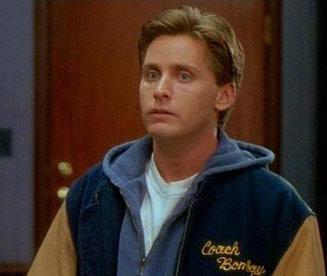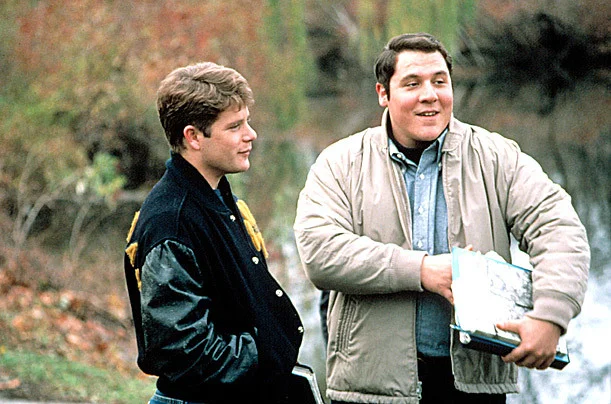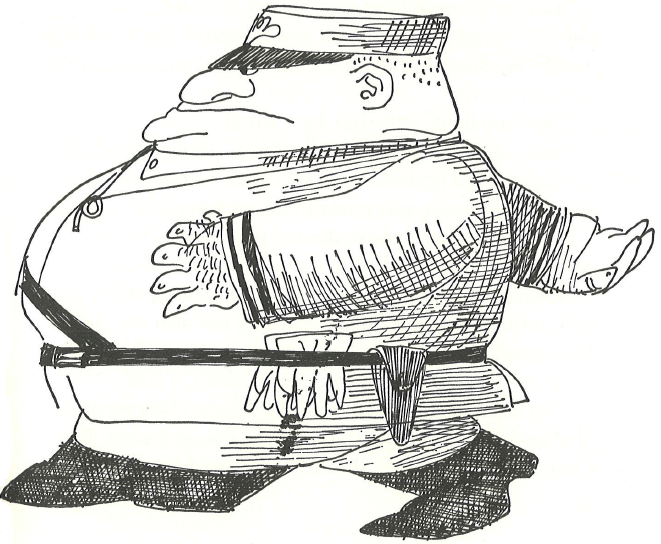Lemony Snicket's A Series of Unfortunate Events chronicles the plight of the Baudelaire orphans, three children who are sent from guardian to guardian and repeatedly escape the clutches of the evil Count Olaf, who will stop at nothing to steal the Baudelaire family fortune. The thirteen-book series is dark, clever, and well-written.The first stop for Baudelaires is the home of Count Olaf, a grimy prison-like house, and they find their only solace in the comfort and kindness of Olaf's neighbor, Justice Strauss. Justice Strauss is a justice on the high court and, late in the first book, The Bad Beginning, is duped by Count Olaf into performing a marriage with the eldest Baudelaire, a marriage that she believes to be theatrical.
Justice Strauss took the document in her hand and read it quickly. Then, closing her eyes, she sighed deeply and furrowed her brow, thinking hard. Klaus watched her and wondered if this were the expression Justice Strauss had on her face whenever she was serving on the High Court. "You're right," she said finally, to Count Olaf, "this marriage, unfortunately, is completely legal. Violet said 'I do,' and signed her name here on this paper. Count Olaf, you are Violet's husband, and therefore in complete control of her estate."
The plot, however, is foiled because Violet actually signed the document with her left hand, even though she is right-handed.
Finally, she smiled. "If Violet is indeed right-handed," she said carefully, "and she signed the document with her left hand, then it follows that the signature does not fulfill the requirement of the nuptial laws. The law clearly states the document must be signed in the bride's own hand. Therefore, we can conclude that this marriage is invalid. Violet, you are not a countess, and Count Olaf, you are not in control of the Baudelaire fortune."
Our narrator assures us, "Unless you are a lawyer, it will probably strike you as odd that Count Olaf's plan was defeated by Violet signing with her left hand instead of her right. But the law is an odd thing." The latter sentence, of course, is true; but the former... well, it strikes me, a lawyer, as odd.
But thank goodness it is Justice Strauss interpreting law, for she helped Violet escape Olaf's evil clutches.
In the twelfth book, The Penultimate Peril, we find Justice Strauss holding court, with this exchange before the Baudelaires face the judicial panel:
"Here are your blindfolds," said one of the managers, opening the door and handing the children three pieces of black cloth. . . .
"Blindfolds?" Violet asked.
"Everyone wheres blindfolds at a High Court trial," the manager replied, "except the judges, of course. Haven't you heard the expression, 'Justice is blind'?"
"Yes," Klaus said, "but I always thought it meant that justice should be fair and unprejudiced."
"The verdict of the High Court was to take the expression literally," said the manager, "so everyone except the judges must cover their eyes before the trial can begin."
"Scalia," Sunny said. She meant something like, "It doesn't seem like the literal interpretation makes any sense," but her siblings did not think it was wise to translate.
Guffaw.





